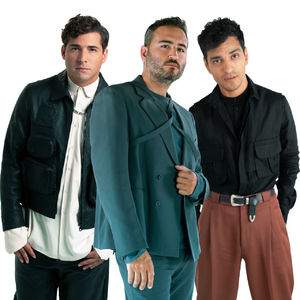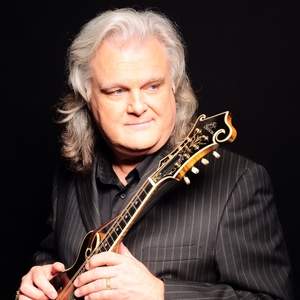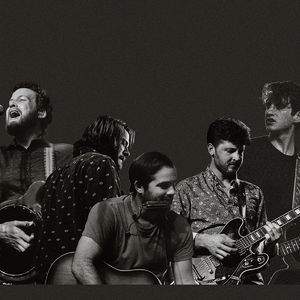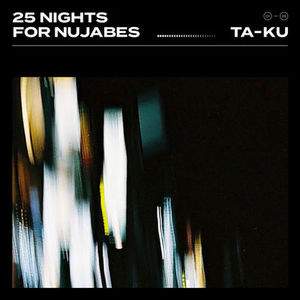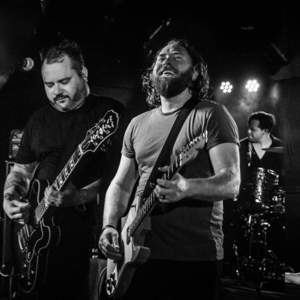Moaning Tour 2025
November 14, 2025 -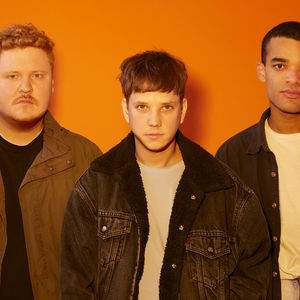
The Moaning tickets are available.
The music event that is going to shook everybody this year is definitely the new Moaning tour. The evidence for that is very clear. After all, a music event of such proportions cannot be missed. Thousands of people are coming to huge concert halls and arenas just to see their favorite performer and listen to memorable hits. There may be problems with getting the best tickets for these shows but with us you will be able to get a Moaning VIP package without any difficulties.
Every true fan of quality music has the chance to savor the most amazing music performance of the year. This is going to be the most interesting tour of the year by far, and this is the best place to get your tickets right now. Is there a fan that wouldn’t appreciate front row tickets for an affordable price?
You can’t really find anything similar to a live performance anywhere else. A lot of people are eager to see a Moaning concert at least once and get the truly amazing experience. This is why fans of quality music prefer going to big concerts and booking the best spots in order not to lose any detail of the show. The Moaning tour is something truly special, and if you don’t want to miss it then check our deals as soon as possible.
We care about your preferences and here you will find the best tickets matching your needs. In addition, you can choose tickets based on your seat preference. With our website it is easy to follow the Moaning schedule and see all the upcoming shows along with important details. The most amazing experience is guaranteed!
Simply check the dates for the performance at your hometown and book your tickets because they get sold out really quick! On our website you will find all the information regarding to the Moaning 2025 tour and other concert details.
Moaning Tickets 2025 - 2026
Moaning VIP Packages 2025/2026


About Moaning
Paralanguage, also known as vocalics, is a component of meta-communication that may modify meaning, give nuanced meaning, or convey emotion, by using techniques such as prosody, pitch, volume, intonation, etc. It is sometimes defined as relating to nonphonemic properties only. Paralanguage may be expressed consciously or unconsciously.
The study of paralanguage is known as paralinguistics, and was invented by George L. Trager in the 1950s, while he was working at the Foreign Service Institute of the U.S. Department of State. His colleagues at the time included Henry Lee Smith, Charles F. Hockett (working with him on using descriptive linguistics as a model for paralanguage), Edward T. Hall developing proxemics, and Ray Birdwhistell developing kinesics. Trager published his conclusions in 1958, 1960 and 1961.
His work has served as a basis for all later research, especially those investigating the relationship between paralanguage and culture (since paralanguage is learned, it differs by language and culture). A good example is the work of John J. Gumperz on language and social identity, which specifically describes paralinguistic differences between participants in intercultural interactions. The film Gumperz made for BBC in 1982, Multiracial Britain: Cross talk, does a particularly good job of demonstrating cultural differences in paralanguage, and the impact these have on relationships.
Paralinguistic information, because it is phenomenal, belongs to the external speech signal (Ferdinand de Saussure's parole) but not to the arbitrary conventional code of language (Saussure's langue).
The paralinguistic properties of speech play an important role in human communication. There are no utterances or speech signals that lack paralinguistic properties, since speech requires the presence of a voice that can be modulated. This voice must have some properties, and all the properties of a voice as such are paralinguistic. However, the distinction linguistic vs. paralinguistic applies not only to speech but to writing and sign language as well, and it is not bound to any sensory modality. Even vocal language has some paralinguistic as well as linguistic properties that can be seen (lip reading, McGurk effect), and even felt, e.g. by the Tadoma method.



